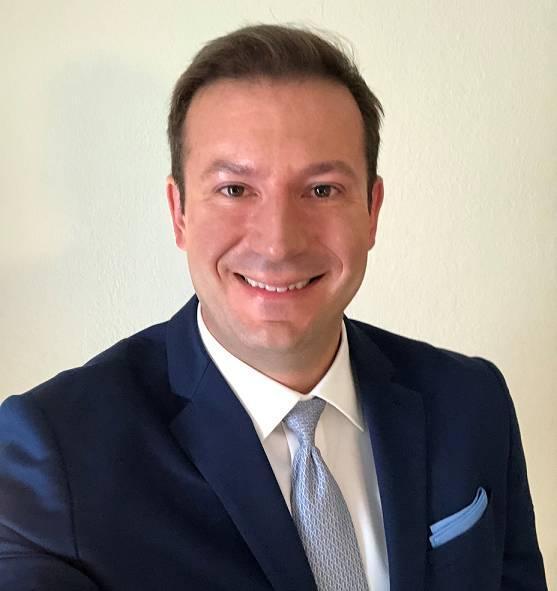
克雷格·切普克博士,CURESZ 基金会董事会成员,北卡罗来纳大学医学院私人执业精神病医生和精神病学兼职助理教授
尽管最近出现了针对迟发性运动障碍的安全有效治疗方法,但许多医疗保健提供者仍对使用它们犹豫不决。他们可能认为 TD 不会打扰那些患有它的人,或者认为 TD 的影响与他们正在治疗的主要症状(如精神病或躁狂症)相比相形见绌。我的经验是,一些临床医生只是没有意识到不自主运动会导致身体、情绪和人际关系问题。
我实践中的一个具体案例是一位 61 岁的女性,她正在寻求抑郁症的治疗,但我也注意到了 TD。通过我们的讨论,我发现她一直喜欢在教堂唱歌,直到她的嘴唇动作让合唱团指挥认为她在错误的时间唱歌,所以她退出了。当她的手部动作使她手中的教会公告发出沙沙声时,她停止参加礼拜,引起了会众的抱怨。她与女儿和年幼的孙子们住在一起,当他们称她为“怪物”时,她感到非常震惊,因为运动障碍导致面部扭曲。她拒绝走出自己的房间,甚至连吃饭都拒绝,并且在 6 个月内减掉了 40 磅。
她认为她需要抗抑郁药,但在我给她开了 VMAT2 抑制剂的一个多月后,她又开始和她的孙子们玩耍、去教堂,并再次在合唱团唱歌!
你有没有告诉过别人他们的牙齿里有明显的食物?几乎每个人都这样做过,但停下来想想我们为什么这样做。这个人通常不知道它的存在,但我们考虑过如果角色互换会让我们多么尴尬,我们希望有人能为我们进行干预。当这样一个小小的表面问题被普遍认为是有问题的时候,怎么能否认 TD 不可逆转的运动造成了污名化呢?
Other disorders in medicine that don’t have noticeable symptoms aren’t written off so cavalierly. High cholesterol is a finding a clinician can only make when screening for it. Even though it “doesn’t bother anyone,” we still encourage treatment because it is a modifiable risk factor for cardiovascular disease. Similarly, healthcare providers should view TD as a potential source of other negative outcomes. People with TD can face social stigma and prejudice. However, dyskinesia in the trunk or legs can cause falls, and when it occurs in the muscles of swallowing, it can cause aspiration pneumonia. Just as knowingly not treating asymptomatic illnesses such as high cholesterol would be considered medical malpractice, so should failure to offer treatment for TD because it is a disfiguring and disabling neurological disease that must be treated, and the earlier the better.
There are so many tragic things that clinicians cannot easily change about their patients’ lives, like being homeless, unemployed, or the effects of growing up in an abusive family. However, when the movements of TD cause people to face discrimination or withdraw from family or society, there is now something that we can do. With the new VMAT2 inhibitors, this is now an unnecessary burden and a treatable illness. It is up to us to identify TD and educate the people with it on how it can affect them.
TD is more than skin deep – we can and must give people with TD their functioning and dignity back.

